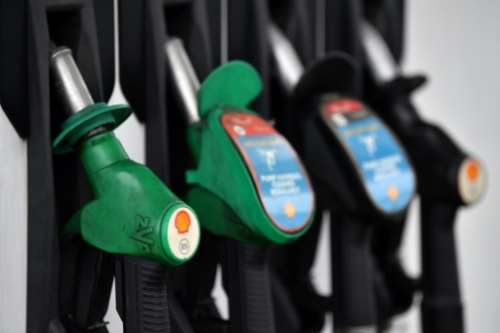There is now no country in the world that uses leaded petrol for cars and lorries, the UN Environment Programme has announced.
The toxic fuel has contaminated air, soil and water for almost a century.
It can cause heart disease, cancer and stroke, and has been linked to problems with brain development in children.
Most high-income countries had banned the fuel by the 1980s, but it was only in July that Algeria – the last country still to use leaded petrol – ran out.
UN Secretary-General António Guterres called the eradication of leaded petrol an “international success story”.
“Ending the use of leaded petrol will prevent more than one million premature deaths each year from heart disease, strokes and cancer, and it will protect children whose IQs are damaged by exposure to lead,” he said.
The lead started being added to petrol in the early 1920s in order to improve engine performance.
The alarm was raised as early as 1924 when five workers were declared dead and dozens more hospitalized after suffering convulsions at a refinery run by the US oil giant Standard Oil.
But despite this, the lead continued to be added to all petrol globally until the 1970s.
Wealthier countries then started phasing out its use – but three decades later, in the early 2000s, there were still 86 nations using leaded petrol.
North Korea, Myanmar and Afghanistan stopped selling leaded petrol by 2016, leaving only a handful of countries, including Iraq, Yemen and Algeria, still providing the toxic fuel in the latter half of the last decade.
The UN’s environmental body Unep has worked with governments, private companies and civic groups to end the use of leaded petrol since 2002.
“Leaded fuel illustrates, in a nutshell, the kind of mistakes humanity has been making at every level of our societies,” Inger Andersen, Unep executive director, said.
But, she added, eradicating the fuel shows that “humanity can learn from and fix mistakes that we’ve made”.
Environmentalist campaign body Greenpeace hailed what it called “the end of one toxic era”.
“It clearly shows that if we can phase out one of the most dangerous polluting fuels in the 20th century, we can absolutely phase out all fossil fuels,” Thandile Chinyavanhu, climate campaigner at Greenpeace Africa, said.





